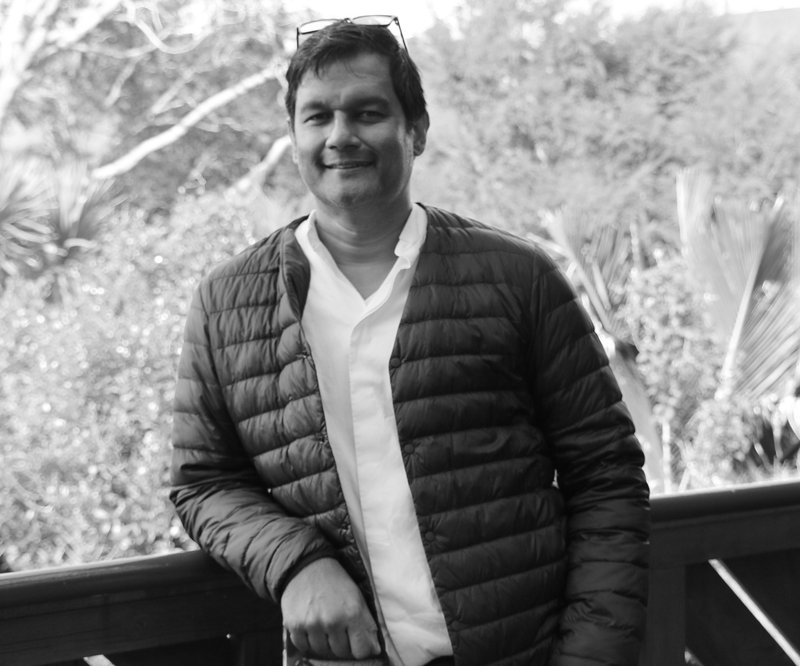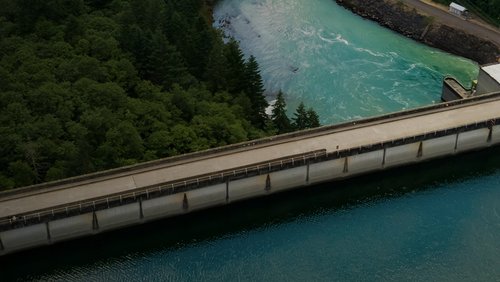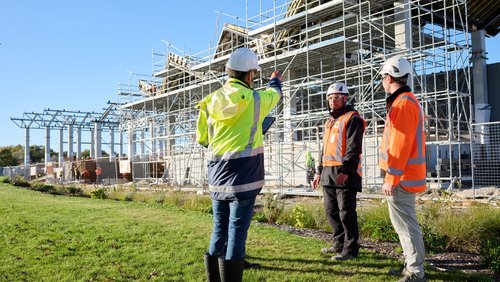26 May 2020
We chat with Ashvin thambyah – Associate Professor and Head of the Department of Chemical and Materials Engineering at the University of Auckland.
What is your role at the University of Auckland?
I’m an Associate Professor and currently Head of the Department of Chemical and Materials Engineering.
Describe a typical day for you
Every day is different! A mix of meetings with staff and students about various matters involved in running a department and providing a world-class degree. I do lots of research-related activity from spending time in the lab to planning new research and writing up findings for publication. I’m constantly amassing and curating knowledge to help develop teaching material and the curriculum. In my current role as HoD, at any one time, there are several projects that I’m running either concerning my administrative role, or my research.
Why did you enter the world of academia?
I started this job in 2007 when I was appointed as a lecturer. Before that, I worked for 10 years at a hospital in Singapore as a research engineer. Academia is much more fun – there are more opportunities to be creative and there’s huge satisfaction in being able to contribute to the intellectual growth and development of our bright young adults.
What’s the best thing about teaching students?
I’ve had a great time teaching students – the joys are twofold. First is the opportunity it offers to the teacher, at this post-secondary level, we get to ‘re-visit’ all the fundamental science and engineering we did as undergrads, and ‘re-learn’ the material. When I was an undergrad, I admit I mostly aimed to get good grades and enjoy university life. Now, my mindset is different.
The re-learning of the subjects has resulted in quite profound personal insights into the subject matter. I’ve not only been able to see a new beauty in the subject, but it’s also helped me re-think and improve research approach. The joy of ‘re-learning’ has also helped me develop more effective ways of teaching the material to newcomers, which helps engagement with students.
The second joy is the students themselves. I have a good time in class, presenting material in a way I enjoy – I think that’s helped the students enjoy the experience of learning too. This has led to great fun in class and built excellent relationships with many students.
How has teaching changed over the past five years?
Well, we’re in the ‘Covid-19’ era and if anything, it’s brought forward the ‘seismic’ shift in teaching that people were already thinking about – at least for the last five years. The ideas around flipped classrooms and online learning are now a widespread reality. Soon there will be further modularisation of programs and sub packaging of courses into little workshops and ‘micro-credentials’. This ‘multiscale’ structuring of programs is good thinking, as with many ‘joints’ in a system comes the possibility of creating different pathways and journeys for the student.
More options will be available to students, to create more meaningful learning journeys, and with convenience too. The online delivery also allows for a wider reach to different markets and helps in optimising how people spend time on site.

Ashvin Thambyah
Final year engineering students undertaking a BE usually carry out a final year research project. What would be your dream project to supervise?
The great thing about being an academic is academic freedom! Many of the projects we already offer and carry out are ‘dream’ projects. However, what would be great, is to enable more projects that are the dreams of others. What I mean by that is it would be great for people working in the industry to use their connections with academics to develop research projects that they’ve dreamed about.
The university is a great place to do research – there’s constructive supervision for students on how to get effective research done; amazing resources; and a huge amount of cross-discipline talent. It would be great if our engineers realised the academic environment can be used to develop personal research ideas, that don’t necessarily have to be linked to their industry or short-term commercial gain. Who knows, someone working with oil and gas may have a great idea to create new efficiencies in renewable energy! I think we university also need to do more to encourage such types of engagement with the engineering alumni.
What got you interested in engineering in the first place?
I ‘ve always loved maths. However, when younger, I also wanted to be a medical doctor. So, firstly, I decided to do a degree in Biomedical Engineering with the intention to later do medicine. However, the amount of research and development going on in engineering around solving problems in medicine convinced me to stick to engineering and remain fulfilled within this field.
The 10 years in Singapore in an orthopaedic department allowed me to work closely with some brilliant orthopaedic surgeons who were keen researchers and scientists. I found myself learning and developing new skills, and creating new knowledge in this space, as I was able to apply my engineering background to solving orthopaedic problems.
Why are you a member of Engineering New Zealand?
I joined recently to engage more with the engineering community and find ways in which I can contribute to improving engineering education and practice in New Zealand.
How do you engage with Engineering New Zealand?
I go to the events when I can. For example, in the latter part of 2019, there was a workshop called “Engineering a great place to work – Auckland.” The speakers and panellists at the workshop were great. A topic that came up was around ‘mental health and the workplace’ – it was very useful hearing from a panel of industry leaders, as well as discussing with non-university folks about how organisations of different sizes cope. By attending such events, and participating in open discussions is a great way to contribute and engage with Engineering New Zealand.
What’s your favourite piece of engineering in New Zealand?
WETA. I think instinctively we think of bridges and buildings when we think engineering, but I think the amazing computer graphics used in cinema that come out of our talented and creative individuals are engineering mastery that amazes me. The solving of tough and complex problems, and the use of creative solutions, the CGI from New Zealand ticks those boxes big time! Plus I love movies!
What do you do in your spare time?
Movies and lots of movies. I like reading – philosophy, current affairs, opinion pieces and classic (contemporary) literature. Hanging out with friends – beer.




